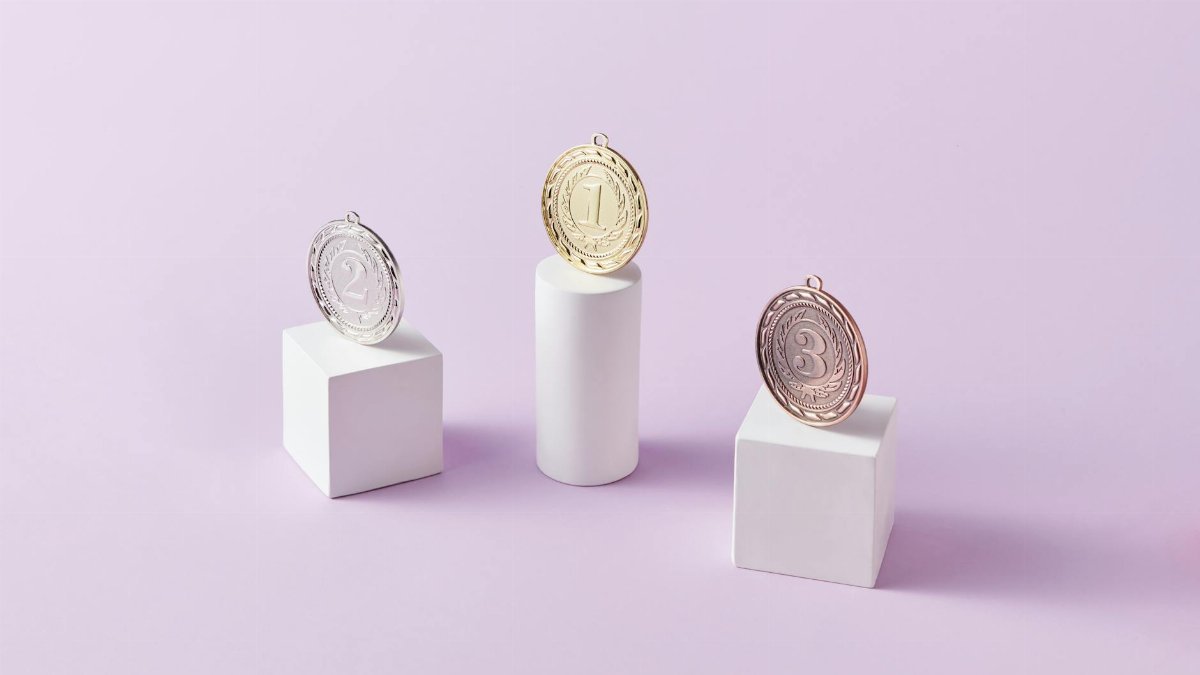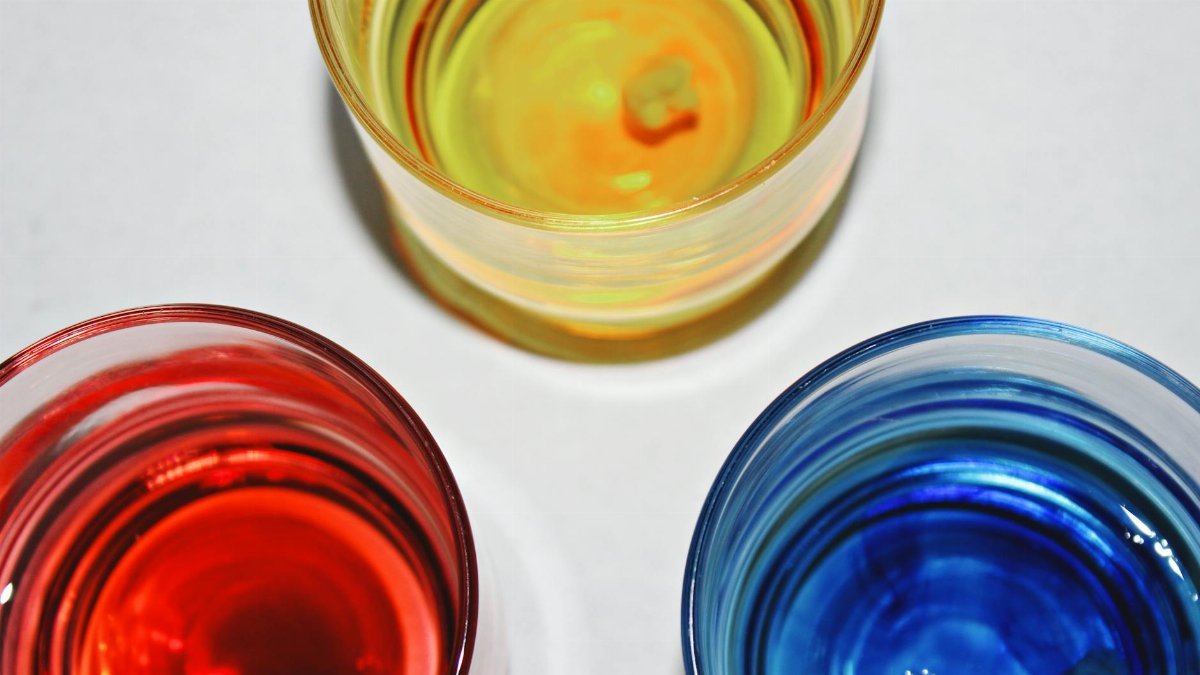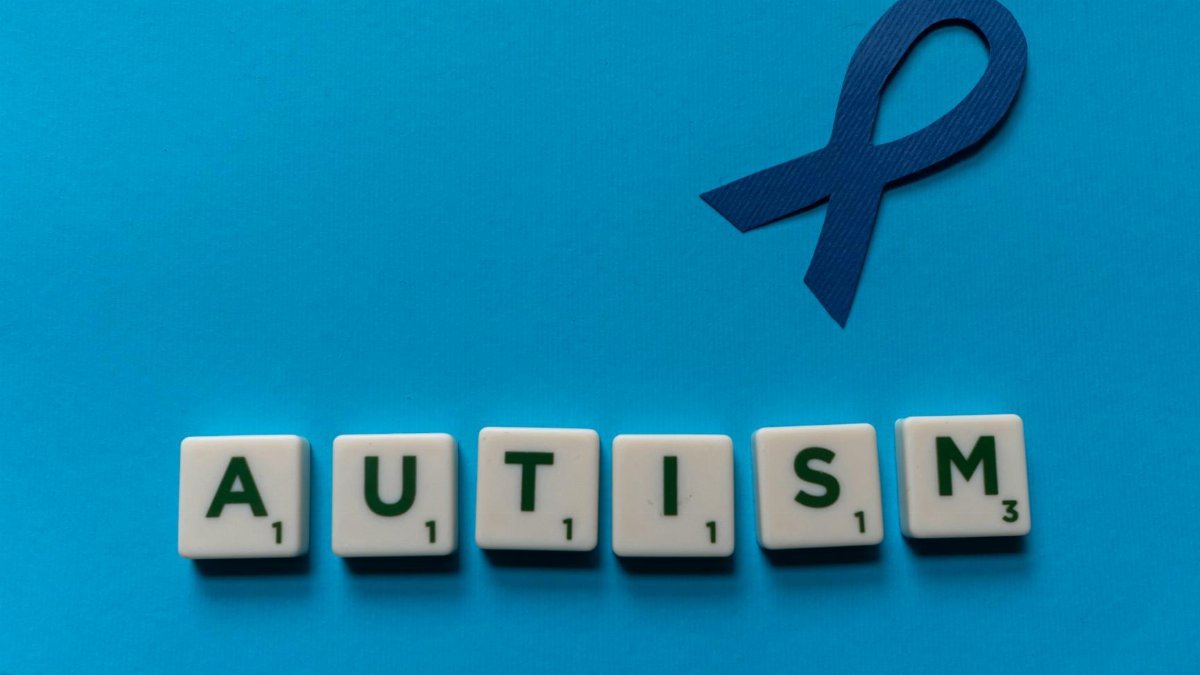New data reveals a seismic shift in how mental health conversations are shaped online, with top mental health influencers 2025 leading the charge. A recent report from Favikon, released on February 12, 2025, analyzed over 4,200 creators to identify the most impactful voices in this space. Topping the list are familiar names like Taylor “Tay” Lautner, alongside medical professionals and digital creators who are redefining advocacy. With brand spending on mental health creator partnerships projected to exceed $220 million this year, the influence of these figures is undeniable.
Taylor “Tay” Lautner Takes the Top Spot

Taylor “Tay” Lautner, known for his Hollywood career, has emerged as the number one mental health influencer in Favikon’s 2025 ranking. His podcast,The Squeeze, has become a cornerstone for candid discussions on mental wellness, resonating with a wide audience. Lautner’s ability to blend personal storytelling with actionable insights has earned him an impressive engagement rate of 9.4%, a key metric in Favikon’s evaluation. His platform stands out as a beacon for those seeking relatable content in a crowded digital space.
Dr. Jessi Gold Secures Second Place

Coming in at number two is psychiatrist Dr. Jessi Gold, whose expertise brings a clinical edge to mental health advocacy. Dr. Gold’s content, often shared across social media platforms, bridges the gap between professional advice and accessible dialogue. Favikon’s report highlights her high engagement metrics and consistent output, measured partly by average ER-words per minute, as reasons for her ranking. Her presence underscores the growing demand for credible, science-backed voices in the influencer landscape.
Dr. Ali Abdaal Rounds Out the Top Three

YouTuber Dr. Ali Abdaal clinches the third spot on Favikon’s list of top mental health influencers 2025. A former doctor turned content creator, Abdaal focuses on productivity and mental well-being, offering practical tips to millions of followers. His videos combine evidence-based strategies with a relatable tone, earning him a strong following. Favikon’s analysis points to his engagement rate and content consistency as driving factors behind his ranking, reflecting his impact on younger audiences navigating stress and burnout.
Behind the Metrics: How Rankings Were Determined

Favikon’s report didn’t just pick names out of a hat. The rankings were based on a rigorous analysis of 4,200 creators, using metrics like average ER-words per minute and engagement rates. Lautner’s 9.4% engagement rate, for instance, set a high bar, while other factors like content frequency and audience interaction played a role. Charitable tie-ins were also considered, highlighting creators who align their platforms with broader social impact initiatives. This multi-faceted approach ensures the list reflects true influence.
Brand Spending Set to Skyrocket in 2025

The financial stakes are higher than ever. Favikon predicts that brand spending on mental health creator partnerships will surpass $220 million in 2025, a staggering figure that signals the growing commercial value of these influencers. Companies are eager to align with authentic voices who can destigmatize mental health issues while reaching vast, engaged audiences. This trend points to a future where digital advocacy and corporate interests increasingly intersect, reshaping how mental wellness is marketed.
The Bigger Picture: Why These Influencers Matter

The rise of top mental health influencers 2025 isn’t just about numbers—it’s about cultural change. Figures like Lautner, Gold, and Abdaal are breaking down barriers, making mental health a mainstream topic in a way that feels personal yet universal. Their platforms, amplified by social media, reach demographics often underserved by traditional resources. As noted in broader industry trends by organizations like the National Institute of Mental Health, digital spaces are becoming vital for education and support.
Charitable Tie-Ins Amplify Impact

Beyond likes and shares, many of these influencers are leveraging their reach for good. Favikon’s report emphasizes charitable tie-ins as a key metric, showcasing creators who partner with nonprofits or fundraise for mental health causes. While specific partnerships weren’t detailed, this focus reflects a shift toward accountability and purpose-driven content. Resources from groups like MentalHealth.gov highlight how such efforts can extend the reach of critical services through influencer advocacy.
What’s Next for Mental Health Advocacy Online?

As 2025 unfolds, the role of digital creators in mental health advocacy will only grow. With millions of dollars in brand investments on the line, the pressure is on for influencers to maintain authenticity while scaling their impact. Favikon’s rankings offer a snapshot of who’s leading the charge, but the landscape is dynamic. Audiences and brands alike will be watching to see how these top voices evolve, balancing personal connection with the demands of a rapidly expanding field.
